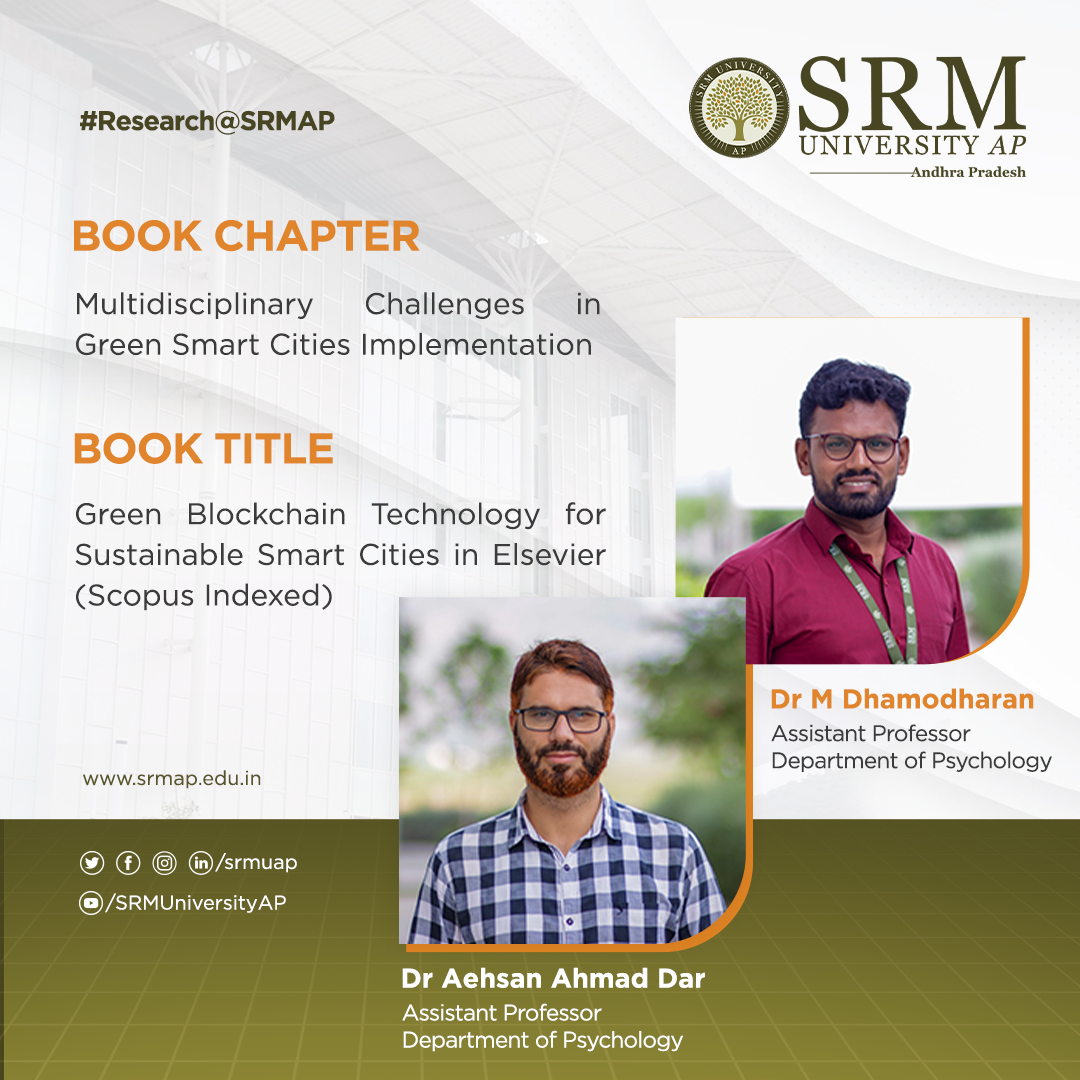 As the world grapples with the escalating challenges of urbanisation and environmental degradation, the concept of green smart cities has emerged as a promising solution. Green smart cities integrate advanced technologies, sustainable practices, and innovative urban planning to create environmentally friendly, resource-efficient, and liveable urban spaces. However, implementing green smart cities poses numerous multidisciplinary challenges that require careful consideration and collaborative efforts from various fields.
As the world grapples with the escalating challenges of urbanisation and environmental degradation, the concept of green smart cities has emerged as a promising solution. Green smart cities integrate advanced technologies, sustainable practices, and innovative urban planning to create environmentally friendly, resource-efficient, and liveable urban spaces. However, implementing green smart cities poses numerous multidisciplinary challenges that require careful consideration and collaborative efforts from various fields.
Assistant Professors Dr Dhamodharan M and Dr Aehsan Ahmad Dar from the Department of Psychology have published a chapter titled Multidisciplinary Challenges in Green Smart Cities Implementation in the book Green Blockchain Technology for Sustainable Smart Cities in Elsevier, which is Scopus Indexed.
Focusing on challenges in green smart cities implementation will help the policymakers, government, and public to get aware of the problems related to all aspects. Implementing green smart cities may provide difficulties in the previously described dimensions of governance, economics, social interaction, technology, and ethics. Therefore, as the world’s population grows, there is a need to adapt to the changes, such as green smart cities. Government, policymakers, and the general public should adopt solutions to societal issues supported by science and research. The next generation will find it convenient and necessary to develop green smart cities. The world will prosper with green smart cities if policymakers, the government, and the people simultaneously identify the issues and begin the work properly with the right strategy and support.
Abstract
Villages are the pride of the nation. Nevertheless, cities reflect the nation’s growth and prospects. Department of Economic and Social Affairs in the United Nations explained that the universe’s people will be nearly 70 % in urban areas by 2050. Cities worldwide are facing important issues with increasing urbanisation, environmental sustainability, unemployment, slums, and mitigation of climate variation. So, policymakers and researchers focused on the concept of a smart city to manage these challenges. Consequently, the concept of “Smart Green Cities” came into the picture. Smart green cities are the collaborative hub linked with business, government, education, and the public to generate comfortable living in urban environments by encouraging change with scientific-based problem-solving. In simple terms, Green smart cities are technologically advanced in solving problems without harming the environment. For Implementing green smart cities, developed and developing countries are collaborating and signing a memorandum of understanding with one another. Government representatives, educators, and the public should cooperate to make a green smart city successful.
Green smart cities make global connectedness, productivity, efficiency, and revolution possible. Meanwhile, poorly regulated green smart cities will result in environmental difficulties like socioeconomic inequalities, poor public safety, and conservational destruction. Furthermore, implementing green smart cities is not a simple strategy. This chapter discusses multidisciplinary challenges in green smart cities’ implementation. People face challenges through green smart cities implementation in the following sustainability dimensions such as Blockchain challenges, Governance challenges, Economic challenges, Social challenges, Technology challenges, Environmental challenges, and Ethical challenges.
Collaborations
- Dr Dhamodharan M, Assistant Professor, Department of Psychology, School of Liberal Arts and Social Sciences, SRM University-AP.
- Mr Vimalkumar, Research Scholar, Department of Mechanical Engineering, Indian Institute of Technology, Palakkad, Kerala
- Dr Aehsan Ahmad Dar, Assistant Professor, Department of Psychology, School of Liberal Arts and Social Sciences, SRM University-AP.

